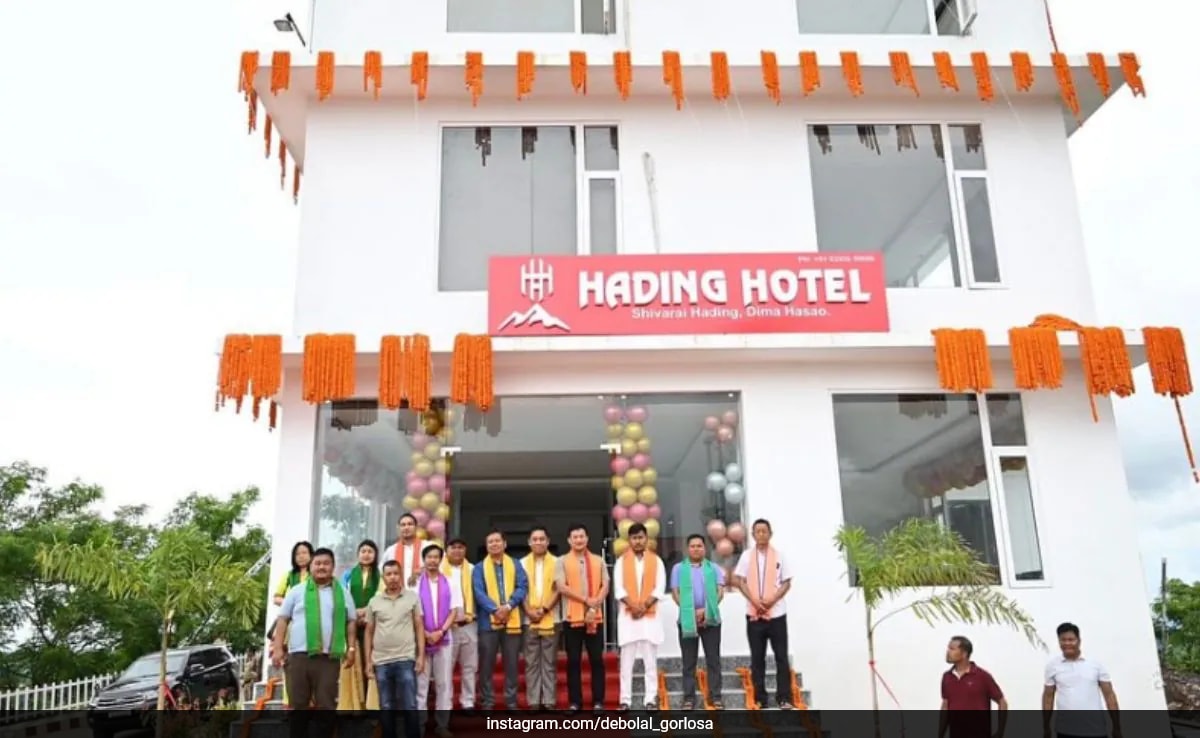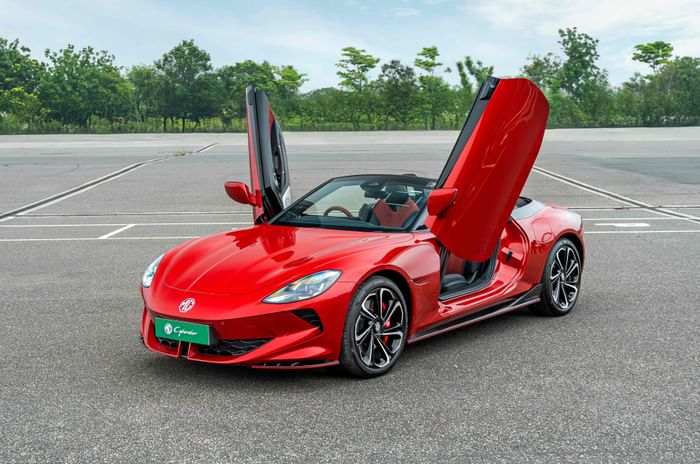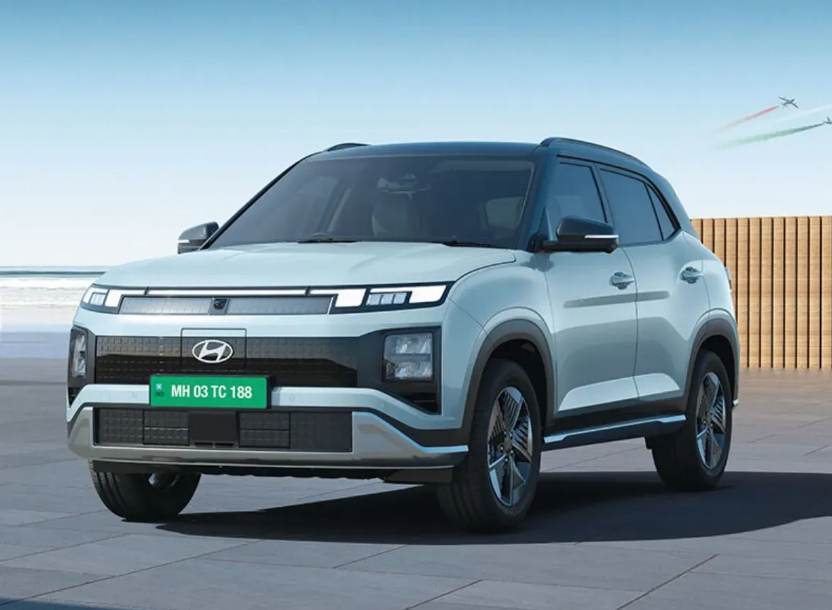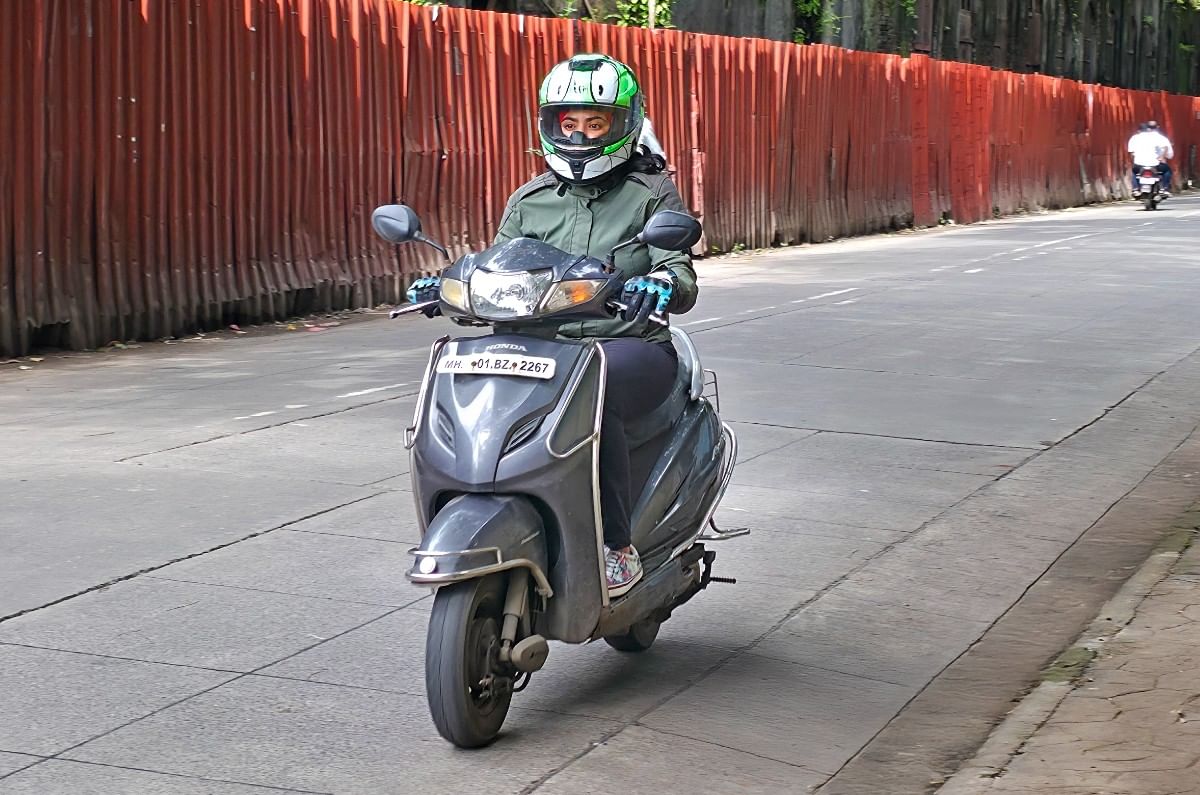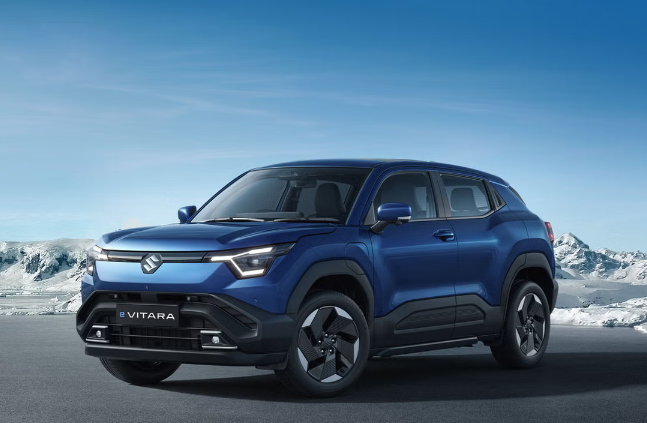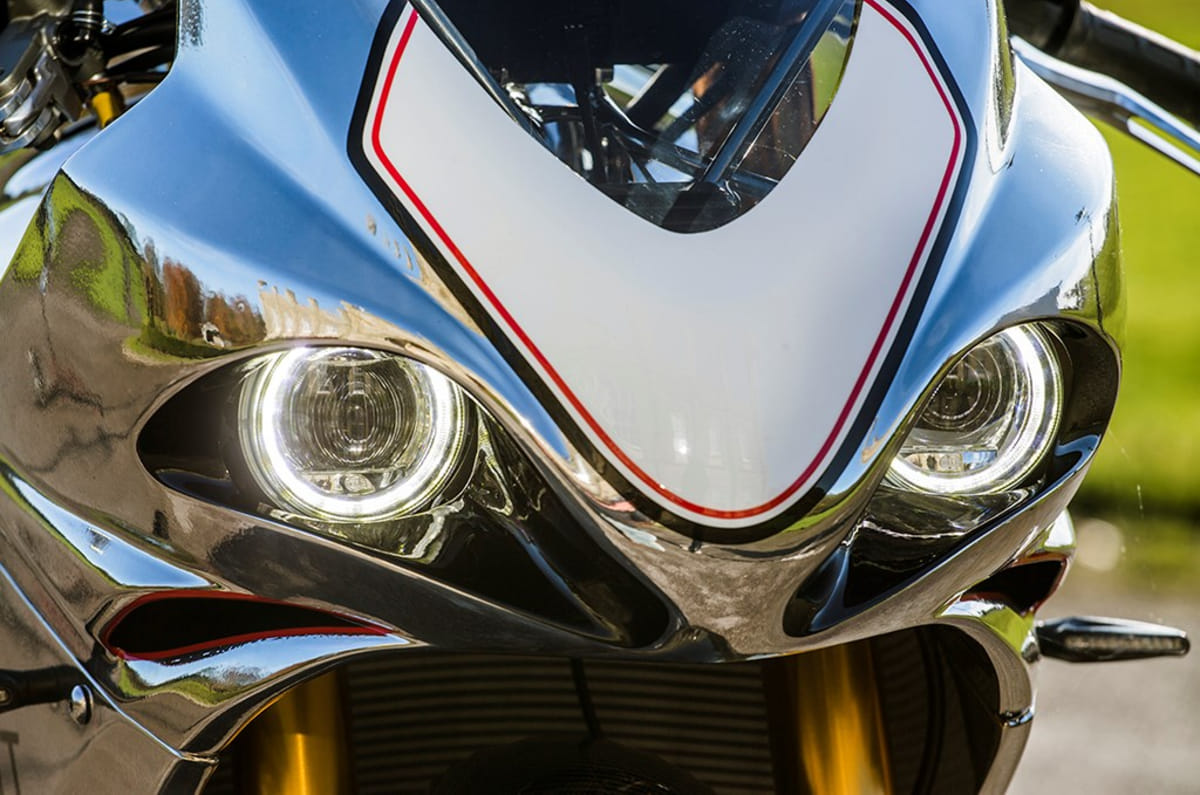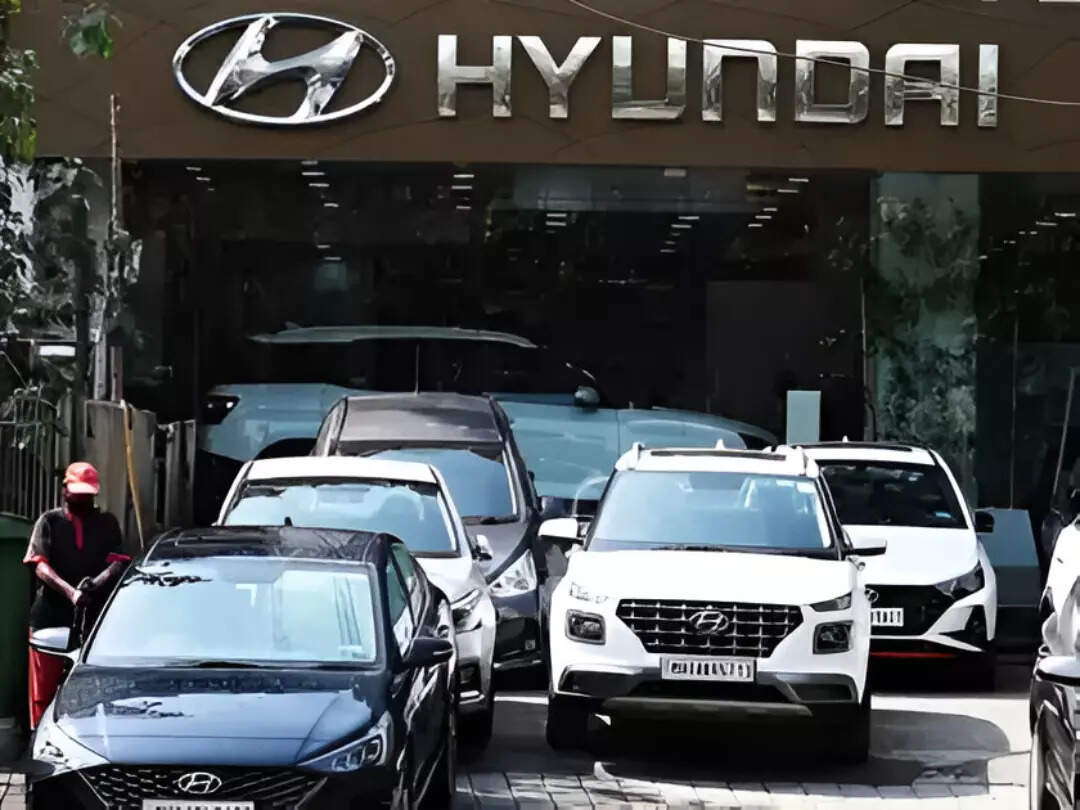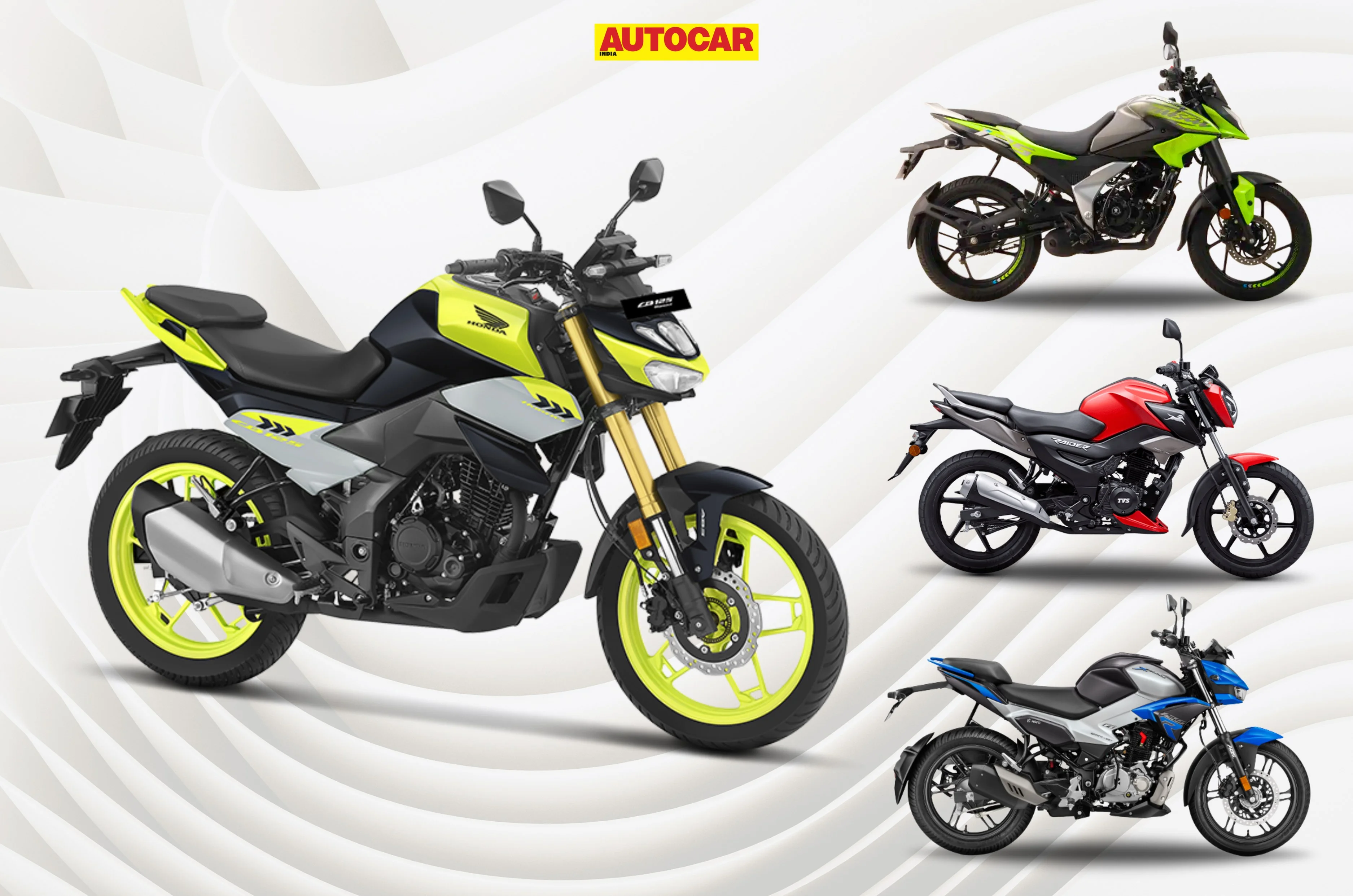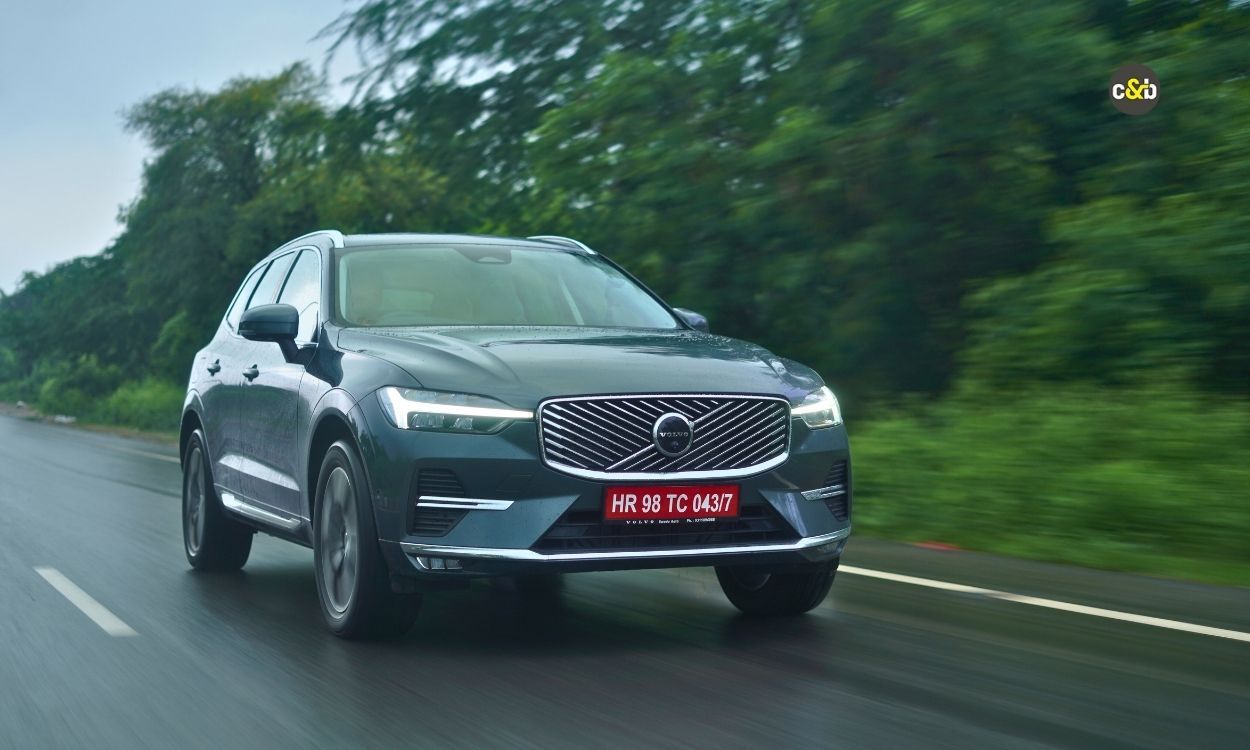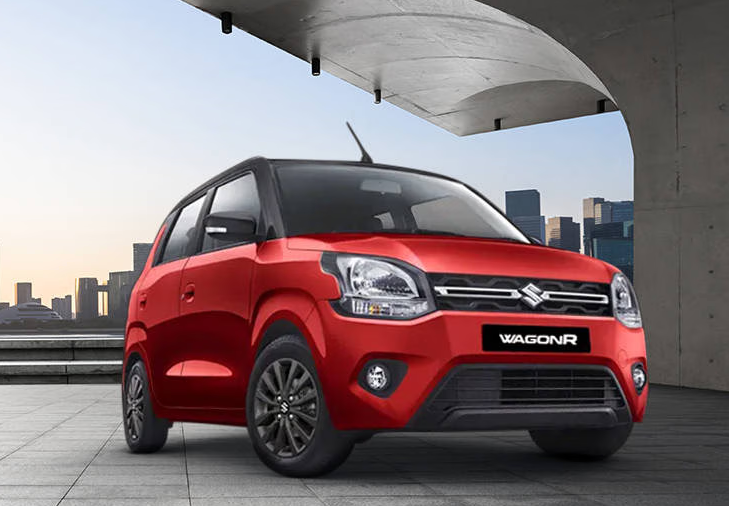 Maruti Suzuki WagonR
Maruti Suzuki WagonRNew Delhi: Country’s largest carmaker by volume, Maruti Suzuki, is counting on new limited-edition offerings and the upcoming festive season to help revive its sales.
The carmaker, which reported flat sales on Friday for July, flagged subdued rural demand, rising input costs from the rollout of six airbags across its lineup, and capacity constraints in CNG models as key factors which dampened the already sluggish market sentiment during the month.
“Momentum in the rural market has softened compared to last year. While we were seeing growth of around 10 per cent previously, it has now tapered to about 2–3 per cent,” said Partho Banerjee, Senior Executive Officer- Marketing and Sales, Maruti Suzuki.
Domestic despatches for the carmaker remained flat at 1.37 lakh units in July, matching volumes from the same month last year. Growth during the month was primarily driven by the compact car segment, which includes models like the Baleno, Celerio, Dzire, Ignis, Swift, and WagonR.
“Bookings for the WagonR are showing a positive trend, which is encouraging. However, there remains pressure in the entry-level segment, as the conversion from bookings to actual retail sales is still weak,” Banerjee noted.
Maruti’s entry-level models such as the Alto and S-Presso, along with the Ciaz sedan, continued their year-on-year decline during July. Notably, the company also reported a dip in utility vehicle despatches across models like the Brezza, Ertiga, Fronx, Grand Vitara, Invicto, Jimny, and XL6.
Banerjee pointed out that sales of the Eeco van were under pressure, largely due to the cost escalation following the mandatory fitment of six airbags. “The cost of the Eeco increased by nearly 6 per cent, which is quite substantial for this segment. There is also a bit of a challenge in securing financing,” he said.
To address this, the carmaker is actively engaging with various NBFCs to ensure that prospective customers are able to access loans and continue purchasing the vehicle.
It must be noted that models such as the Ignis and S-Presso still do not feature six airbags. The same applies to the Ciaz sedan, although its production has now been discontinued.
Additionally, CNG penetration in Maruti Suzuki’s overall portfolio stands at 40 per cent. However, while the demand for CNG models remains strong, the company is currently facing capacity constraints in this segment.
According to him, the company’s current network stock levels are in the range of 36 to 37 days even as it continues to calibrate the despatches to its dealers.
He also confirmed that its first electric vehicle (EV)– eVitara, which is set to debut in export markets before its domestic launch, remains on track for rollout within the current financial year, despite ongoing challenges related to the supply of rare earth magnets.
Festive boost
Maruti Suzuki is pinning its hopes on a “good” festive season to revive momentum, especially in the rural market, which has been showing sluggish growth.
“If Onam goes well, followed by Ganpati, then Navratra, coupled with a good monsoon and a possible MSP price hike by the government, there’s no reason why the festive season should not perform well,” Banerjee said.
He added that early signs are promising, citing a 10 per cent year-on-year growth in bookings in Kerala, a key market for Onam.
To cushion the impact of price hikes in entry-level models due to the mandatory six airbags, the company is also relying on its newly launched six limited edition models to drive demand.






